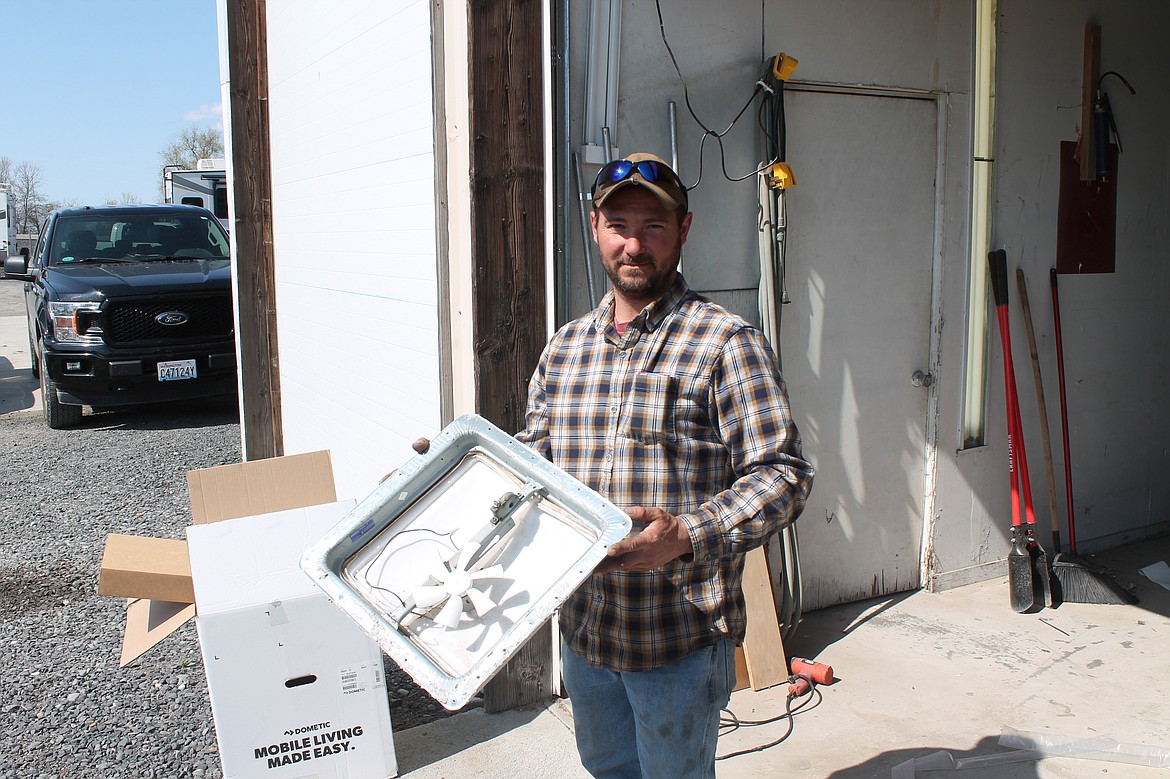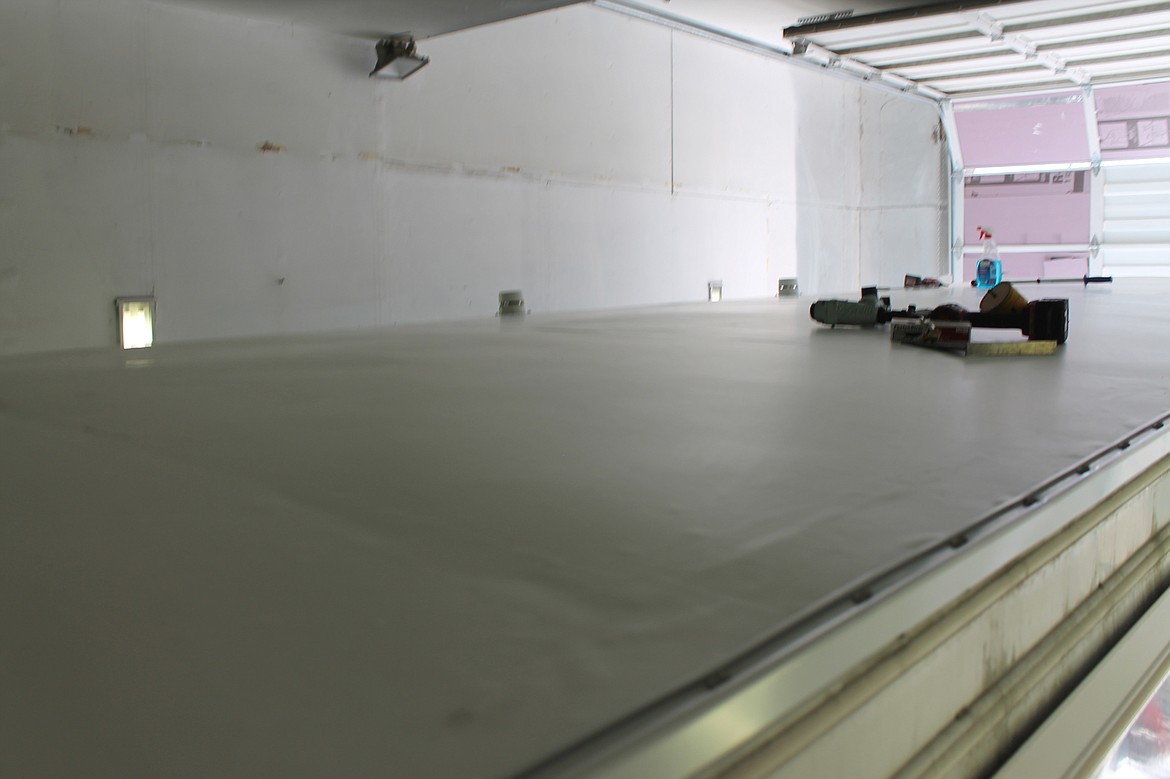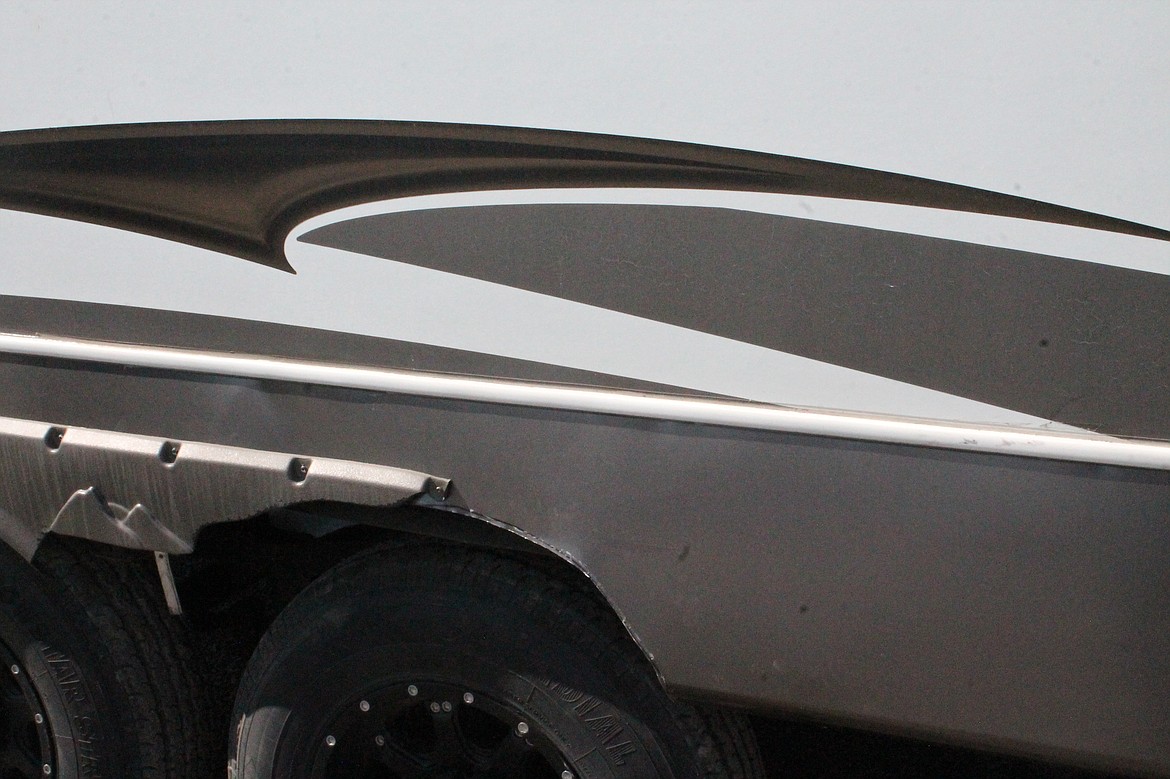Homes on wheels
MOSES LAKE — Some people travel in them. Some people keep them parked. Either way, a home on wheels is still a home, and needs to be kept up.
Become a Subscriber!
You have read all of your free articles this month. Select a plan below to start your subscription today.
Already a subscriber? Login







